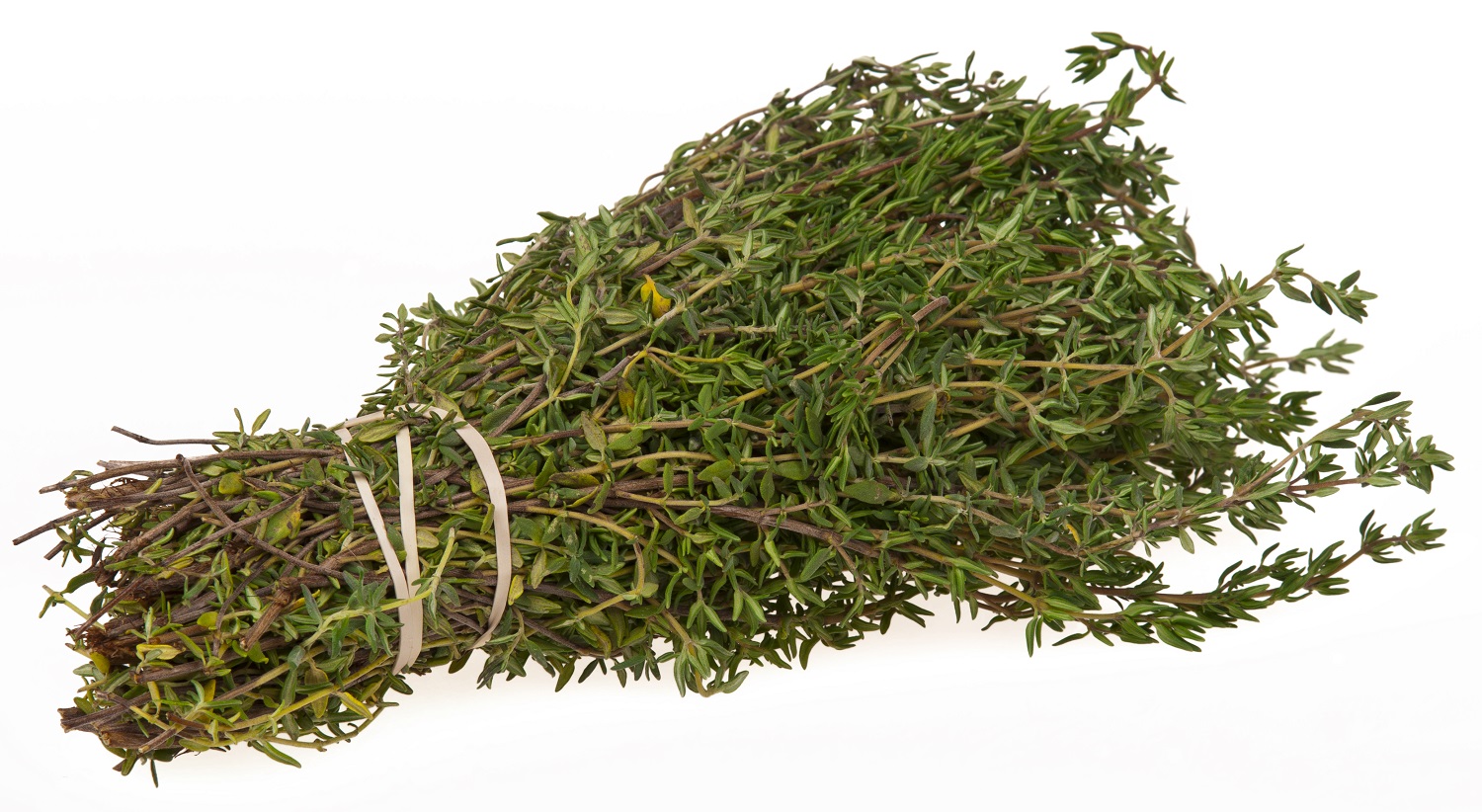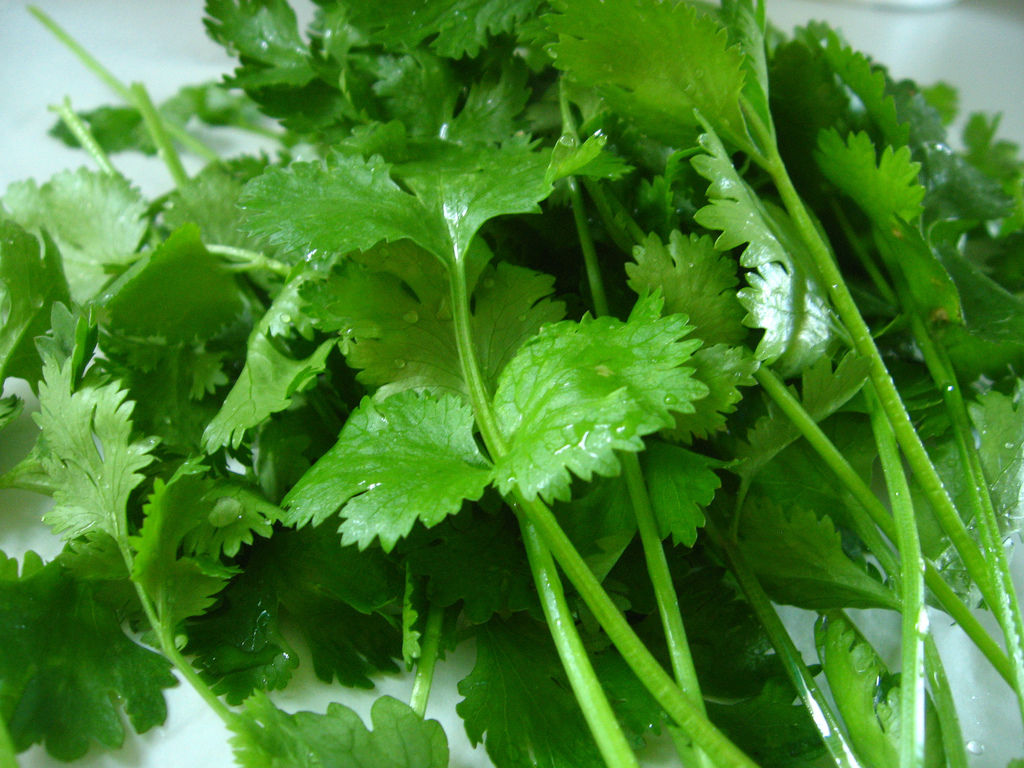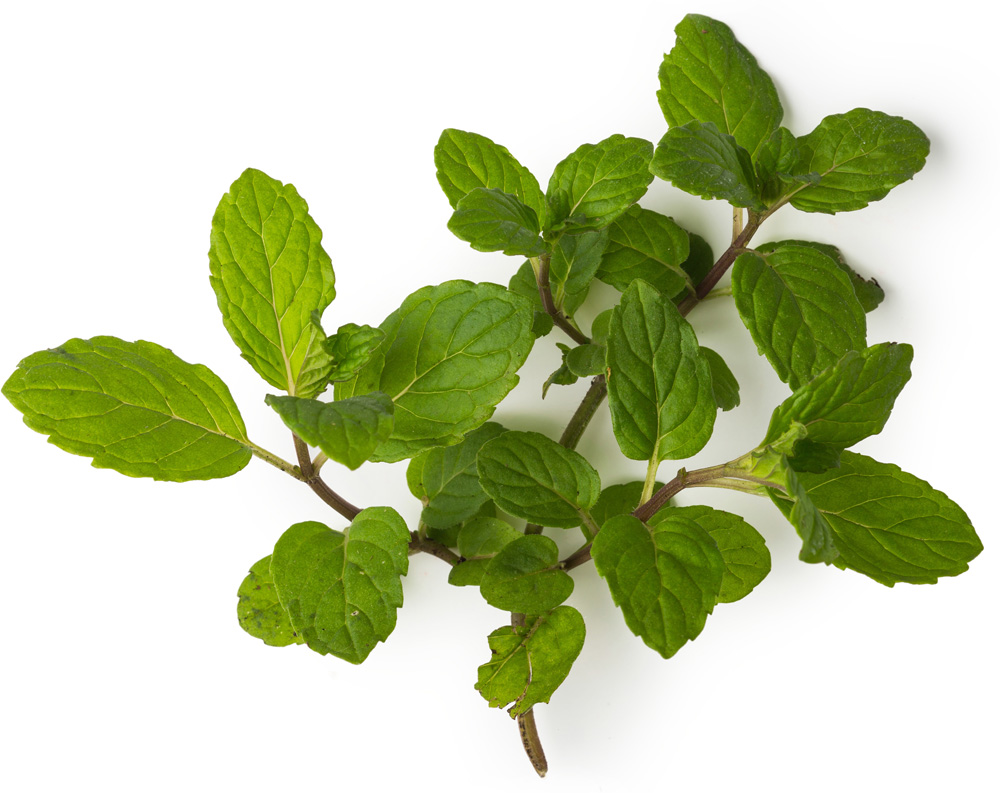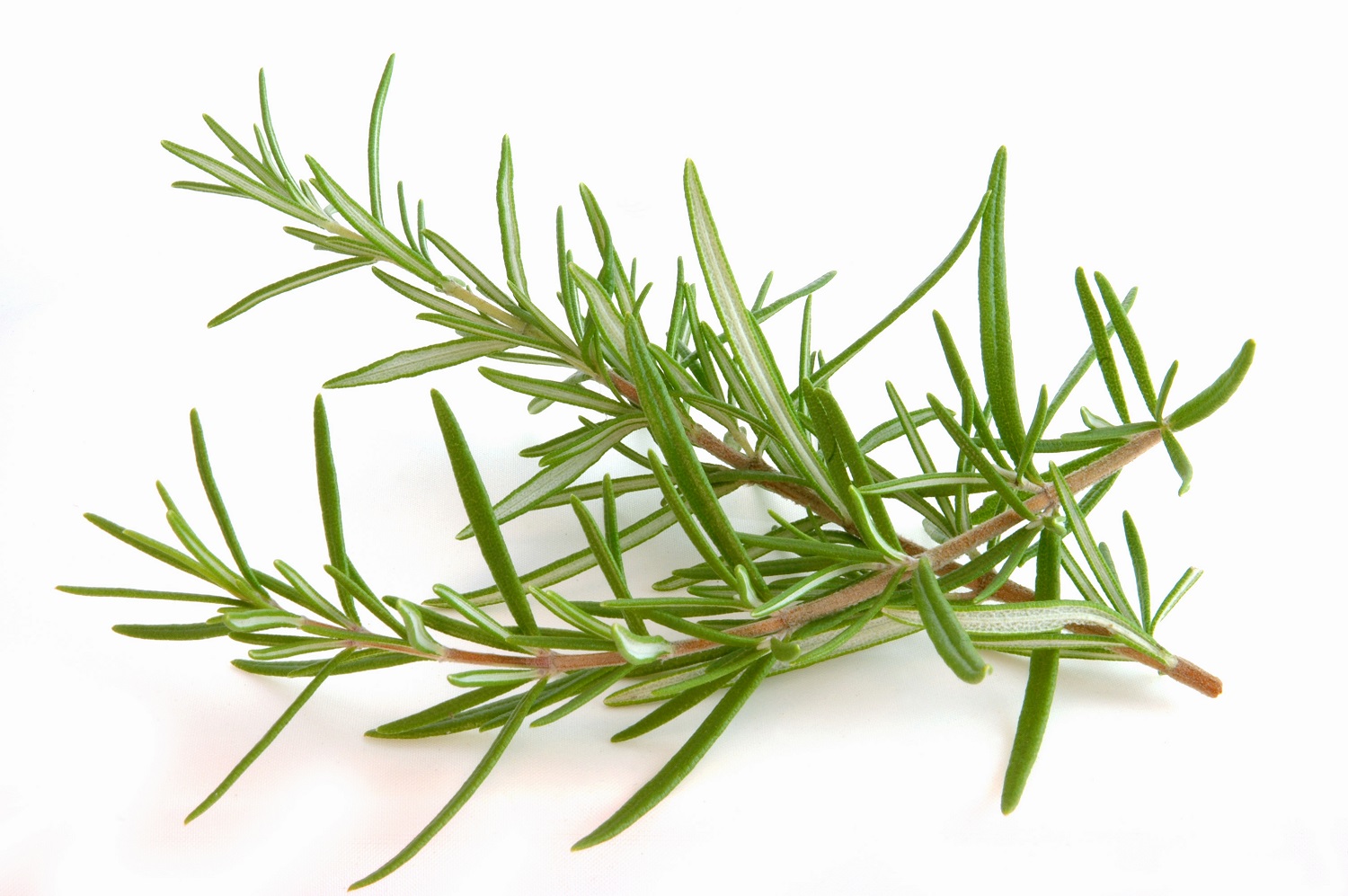The health benefits of popular foods - Spinach

Along with other leafy greens, arugula contains very high nitrate levels (more than 250 mg/100 g). High intakes of dietary nitrate have been shown to lower blood pressure, reduce the amount of oxygen needed during exercise and enhance athletic performance.
The potential health benefits of arugula include lowering risk of cancer, preventing osteoporosis and improving muscle oxygenation during exercise

Basil is rich in vitamin A, vitamin K, vitamin C, magnesium, iron, potassium, and calcium.
Studies have revealed that basil can potentially reduce inflammation and swelling, prevent the harmful effects of aging, and may be useful in treating arthritis and inflammatory bowel diseases

Bok choy belongs to the cruciferous vegetable family, which also includes kale, broccoli, cauliflower, Brussels sprouts, cabbage, collard greens, rutabaga and turnips.
These nutrition powerhouses supply loads of nutrients for little calories. If you are trying to eat healthier, cruciferous vegetables like bok choy should be at the very top of your grocery list.

Spearmint contains high amounts of vitamins, antioxidants and other vital nutrients.
Studies have found that spearmint may potentially have antioxidant and antifungal properties, reduce symptoms of nausea and other digestive problems, and treat hirutism (abnormal hair growth).

Spinach one of the best sources of dietary magnesium and calcium.
The potential health benefits of spinach include: helping manage diabetes, helping preventing cancer, reducing the risk of asthma, lowering the risk of blood pressure, and improving bone health

Thyme preparations may be more effective than acne prescription creams, according to scientists at Leeds Metropolitan University in England.
Studies have found that thyme may potentially protect against hypertension, help fight off foodborne bacterial infections, and induce cell death in the breast cancer cells

Chives are a nutrient-dense food, meaning that while they are low in calories they are high in beneficial nutrients like vitamins, minerals and antioxidants.
The potential health benefits of chives include: potential beneficial and preventative effects against cancer, prostate cancer, esophageal and stomach cancer and positive effects on sleep and mood.

Often known in the UK as coriander, cilantro comes from the plantCoriandrum sativum. In the United States, the leaves of the plant are referred to as cilantro (the Spanish translation) and the seeds are referred to as coriander.
Many studies have suggested that increasing consumption of plant foods like cilantro decreases the risk of obesity, overall mortality, diabetes and heart disease while promoting a healthy skin and hair, increased energy and overall lower weight.

Collard greens are part of the cruciferous vegetable family, which also includes kale, broccoli, brussels sprouts, cabbage, rutabaga and turnips.
Collard greens are an extremely rich source of vitamin K and also contain folate, thiamin, niacin, pantothenic acid, choline, phosphorus and potassium.
Health benefits of collard greens may include assisting with bone health, reducing cancer risk, helping lower glucose levels in those with diabetes and improving sleep and mood.

Mint, also known as mentha, is actually a genus or group of around 15-20 types of plants including peppermint and spearmint. Mint oil is often used in toothpaste, gum, candy and beauty products while the leaves are used either fresh or dried for teas and food.
Mint has one of the highest antioxidant capacities of any food. Mint has possible positive effects on allergies, common cold, indigestion,irritable bowel syndrome (IBS) and skin.
Oregano is a rich source of vitamin K and dietary antioxidants.
Studies have found that oregano has antimicrobial activity, anti-inflammatory properties, and components in oregano may help slow down or prevent the progression of disease in patients with breast cancer.

Peppermint is used as a traditional or folk remedy for several conditions and illnesses because of its calming effects.
The potential health benefits of peppermint include: treating the symptoms of irritable bowel syndrome (IBS), calming skin irritation and itchiness, preventing the onset of headaches and associated symptoms.

Rosemary is a rich source of antioxidants and anti-inflammatory compounds.
Studies have found that rosemary may potentially help treat indigestion, enhance memory and concentration, provide neurological protection, and provide protection against macular degeneration.

Sage is rich in antioxidants (apigenin, diosmetin, and luteolin) and important nutrients, such as vitamin K.
Studies have found that sage may potentially improve memory and information processing among people who suffer from mild Alzheimers disease68, and help lower cholesterol and triglyceride levels in patients with diabetes type 2
Related Albums
Your Reaction?























